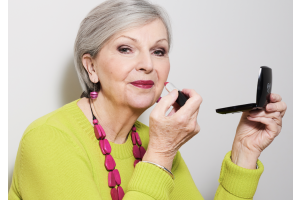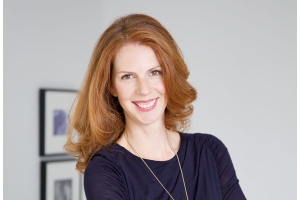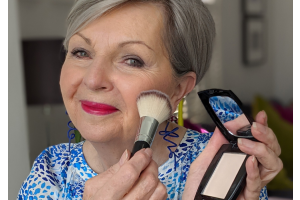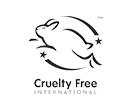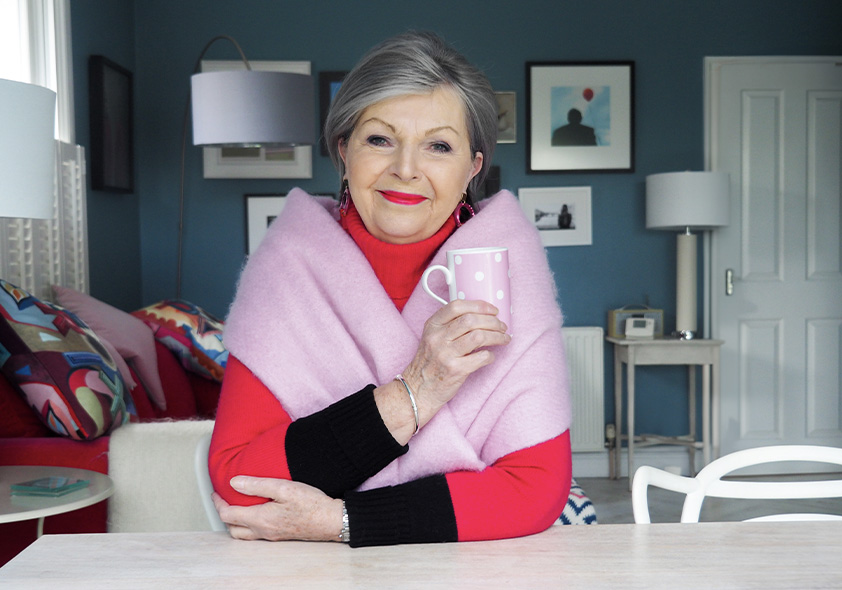
As I write this news has broken that King Charles has cancer. An apparently asymptomatic tumour discovered during an investigation for an enlarged prostate. For his sake, let us hope that this means that the cancer has been caught at an early stage and is therefore eminently treatable, and that he may recover quickly and entirely.
Weirdly, this news has brought a dilemma I am facing into a sharper focus than it was before.
There is a saying ‘if ignorance is bliss, ‘tis folly to be wise’ which I am really grappling with at the moment. The ignorance concerns a complete picture of my state of health, including my brain, heart, body, bones and joints. And the wisdom would come from undergoing a series of MRI scans which might reveal a serious or potentially life-threatening condition. So, if you were me, currently without any health-related concerns whatsoever, would you volunteer to put yourself through 4-5 hours of diagnostics which may either flag something nasty or give you an apparently clean bill of health?
Let me explain. I am one of the 500,000 people in the UK who have been studied over time in order to investigate the respective contributions of genetic predisposition and environmental exposure to the development of disease.
I was recruited onto the Biobank UK study in 2006 at the age of 58. All the people enrolled at that time were aged between 40 and 69 and were told that the study would last for at least 30 years (and probably beyond). The initial tests involved a very long day spent with about 100 other volunteers at an assessment centre in Croydon. It was all very well organised with groups of us working our way around each of the diagnostic areas, finishing with them taking several phials of our blood which we were told would be genetically tested. It was stressed that our participation was entirely altruistic. We were offering our bodies anonymously to medical scientific research in return for our train fare and a sandwich lunch.
At that stage, I had few qualms. The tests were not much different from those you might receive at a thorough health check offered by, say, BUPA. There were no MRI scans, apart from a simple DEXA scan for bone density, so I wasn’t unduly bothered that some latent problem might be found, but of which I would remain entirely ignorant. In many ways, I treated it as a bit of a lark and enjoyed my day out in Croydon with quite a jolly bunch of people. It also felt quite good to be doing something for humanity/ posterity.
At regular intervals since then I have filled in countless questionnaires online, giving updated information about such things as my diet, level of exercise and sociability. Sometimes the enquiries involve self-reported information, like what I eat over a 24 hour period and sometimes they involve tests of cognitive function using my computer. The most recent in December was about facial recognition, on which I scored highly, apart from failing to recognize Daniel Craig (maybe because I hate Bond films!)
From 2012, researchers were able to apply to use the database without being able to identify any of us individual participants. A typical area of research might compare a sample of people in the study who developed a particular disease such as cancer, heart disease, diabetes or Alzheimer’s with a sample of those that did not, in order to determine the risk contribution and interaction of specific genes, lifestyle and medications. By 2017 we Biobank participants had had approximately 1.3 million hospitalisations, 40,000 cancer diagnoses and 14,000 of us had died. Happily, to date, none of those things has materialised for me.
Now I have been invited to have my health status investigated in very much greater depth, but this time, perhaps because of the nature of the investigations to be carried out, I feel much more concerned than I have felt to date about being a Biobank volunteer. It all hinges on whether I want to continue in my current state of blissful ignorance or whether I’d prefer to either have my mind put at rest (for now), or to discover something which may or may not be serious and possibly life threatening. Initially, I thought that the results of all the MRI scans would, like all the other tests I have undergone, be kept from me. But a phone call yesterday has clarified that anything warranting further investigation will be flagged both to me and my GP.
So I wonder what you would do if you were in my position? Would you see the latest diagnostics as part of the same altruism which I signed up for in 2006? Or would you see it as an opportunity for a free health check which may catch something early enough to be treated successfully? Or would you prefer to put your head in the sand and hope for the best whilst you get on with the rest of your life?
According to an article I have just read in the FT, the kind of diagnostics that Biobank has been collecting for eighteen years is becoming big business. ‘Longevity Centres’ are springing up to offer just such extensive health checks, presumably to much younger people who hope to dodge the various bullets which come with an ageing body and brain. One such clinic called Hooke has just opened in Mayfair and describes itself as “the most comprehensive diagnostics, screening and health management service currently available anywhere in the world”.
In return for a £15,000 membership fee, you can sign up for a package including various combinations of advanced imaging technology, DNA analysis and blood panels for hundreds of markers, as well as exhaustive functional evaluations: fitness, nutrition and musculoskeletal health. Cognition and psychological state are assessed, too. This all happens over several visits with AI systems generating some results, although the medical team analyses and reviews everything. The client then receives a super-tailored programme of fitness and nutrition recommendations and, when necessary, physio or medical therapies. A follow-up support period (in Hooke’s case, only available with membership) gives you access to your doctors for six months, at which point you’re re-tested with many of the same protocols. The whole can be repeated annually with an ongoing membership fee.
I might have been more impressed with all of this if the 53 year old journalist who wrote about Hooke and had therefore been given a complimentary trial of the service, had not received such glaringly obvious advice. Her ‘epigenetic age’ came out at 59, mainly because she had increased her alcohol consumption during the pandemic and had also started smoking again, a habit developed in her 20s. So, guess what? She was advised that the life-extension onus was largely on her, not the doctors. A reduction in her biological age, along with cutting out smoking and alcohol, could be achieved by adding a few weekly servings of fatty fish, beta glucan-rich foods (oats, mushrooms, seaweed) and cruciferous veg to her diet. They also recommended a couple more strength-training sessions to her weekly schedule. The directives aimed to lower cholesterol, redress an acute imbalance in her omega 6-to-3 ratio and slow the mild osteopenia — a precursor to osteoporosis — in her lower spine and hip. Two high-strength nutritional supplements were also recommended, but forgive my cynicism in thinking that these are another simple way for Hooke to make money.
I realise that I sound cynical, but not so much about the basic concept as the fact that it is only available to those rich enough to indulge their fantasies of eternal life. How amazing would it be if the future of health and well-being of everyone via health care systems like the NHS was organised according to the Hooke model of prevention and education rather than cure. Imagine if every baby born was regularly tested throughout life with personally tailored advice for how to make healthier choices, with timely interventions if their personal bio-markers began to go awry.
Meanwhile, for eighteen years, I have been a volunteer for such research, but as a passive actor with no access to the wealth of data held on file about me and with no way of knowing what that data showed about my future health and wellbeing. Until now. Out of the blue, I have been offered extensive diagnostics on every part of my body and brain and the researchers have promised to share the results if something warrants further investigation.
It will cost me nothing except maybe my peace of mind. What would you do?
Tricia x
Watch Our Latest Video...
Eye Makeup Tutorial for Blue Eyes
Sally shows you how to achieve the perfect eye makeup look for women with blue eyes...
Upcoming Events:
Friday 16th February


Film Club: Sylvia
Available on Amazon Prime
Watch the film beforehand and join us for a group discussion!
Day: Friday 16th February 2024
Time: 4 pm
Link: https://us02web.zoom.us/j/86109288705?pwd=TUgzQW5IK0VnUGI2MGdtb0FQN3hxZz09
Meeting ID (if needed): 861 0928 8705
Password (if needed): LOOKFAB
Monday 4th March


Makeup Magic - Flawless Canvas: Building the Perfect Base Makeup
Join us for a Makeup Magic with LFF Founder Tricia Cusden and our resident MUA Sally!
Day: Monday 4th March 2024
Time: 11 am
Link: https://us02web.zoom.us/j/86472366028?pwd=WE1UcDc4eWpvRFhUZzYzWUR4S1dkZz09
Meeting ID (if needed): 821 4101 7776
Password (if needed): LOOKFAB








